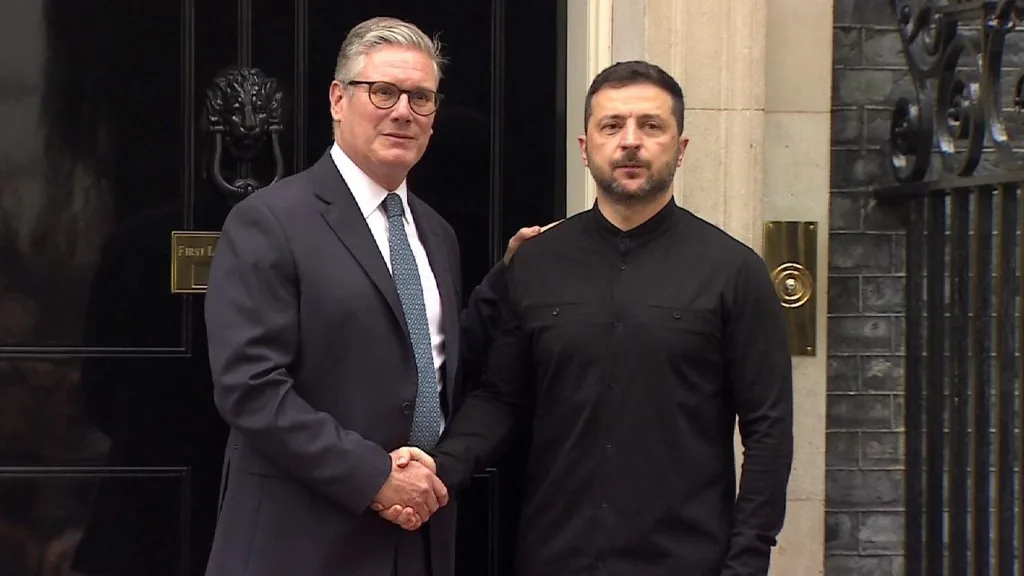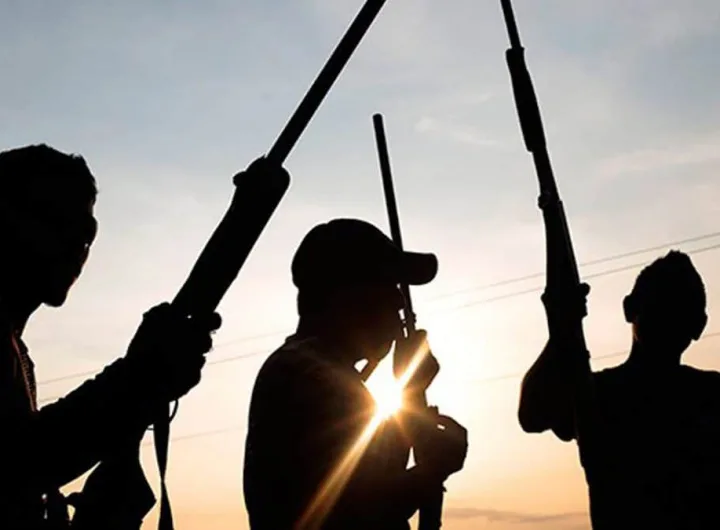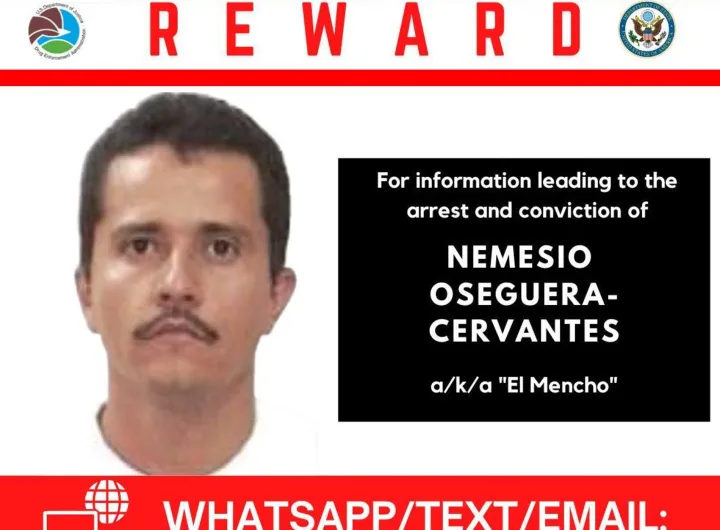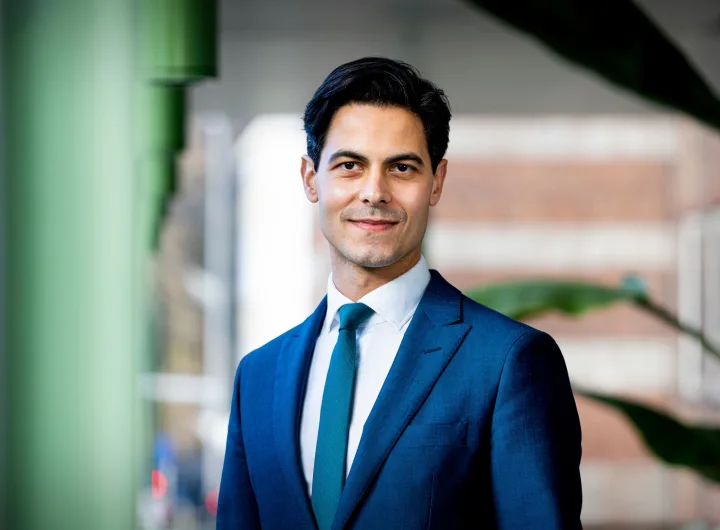
UK Prime Minister Keir Starmer and Zelenskiy/BBC
Zelenskiy maintains Putin lacks genuine commitment to peace negotiations.
Ukrainian President Volodymyr Zelenskiy arrived in London Thursday, working to secure European backing against any potential agreement that could divide Ukrainian territory, as the nation prepares for tomorrow’s pivotal U.S.-Russia summit focused on ending the Ukraine conflict.
The Friday summit in Alaska occurs during Ukraine’s most precarious phase of the war—the bloodiest European conflict since World War Two—which has resulted in tens of thousands of casualties and millions of displaced civilians since Russia launched its full-scale assault in February 2022.
Facing mounting pressure from Russian advances on multiple fronts, Zelenskiy and his international partners are determined to block any Trump-Putin arrangement that could compromise Ukraine’s security against future Russian offensives.
Related: Trump Says Putin Has “Gone Absolutely Crazy” Over Attacks On Ukraine
The Ukrainian leader’s discussions with British Prime Minister Keir Starmer built upon Wednesday’s virtual conference involving European heads of state and Trump, designed to establish clear parameters for the Anchorage negotiations.
Zelenskiy and Starmer exchanged a warm greeting before entering their Downing Street talks.

Trump delivered stern warnings Wednesday regarding “severe consequences” for Putin’s rejection of Ukrainian peace terms.
While specifics remain unclear, the U.S. president has suggested implementing economic penalties should Friday’s Alaska meeting yield no progress.
Ukrainian Foreign Minister Andrii Sybiha emphasized on social media that Wednesday represented “a critical juncture for strengthening European and transatlantic cohesion. Achieving peace through strength must anchor future global security and stability.”
Zelenskiy informed Trump that Putin was merely “posturing” about ending hostilities. The Ukrainian president additionally reported Trump’s endorsement of security protections within any eventual post-war framework.

 Tiwa Savage Launches Foundation To Support African Music Creatives
Tiwa Savage Launches Foundation To Support African Music Creatives  Gunmen Kidnap Six Church Members In Ondo State
Gunmen Kidnap Six Church Members In Ondo State  Violence Grips Mexico Following Death Of Drug Lord “El Mencho”
Violence Grips Mexico Following Death Of Drug Lord “El Mencho”  Netherlands Swears In First Openly Gay Prime Minister
Netherlands Swears In First Openly Gay Prime Minister  US Military Aircraft Land In Nigeria With Troops
US Military Aircraft Land In Nigeria With Troops  Tems Becomes First African Woman To Break Billboard Record
Tems Becomes First African Woman To Break Billboard Record